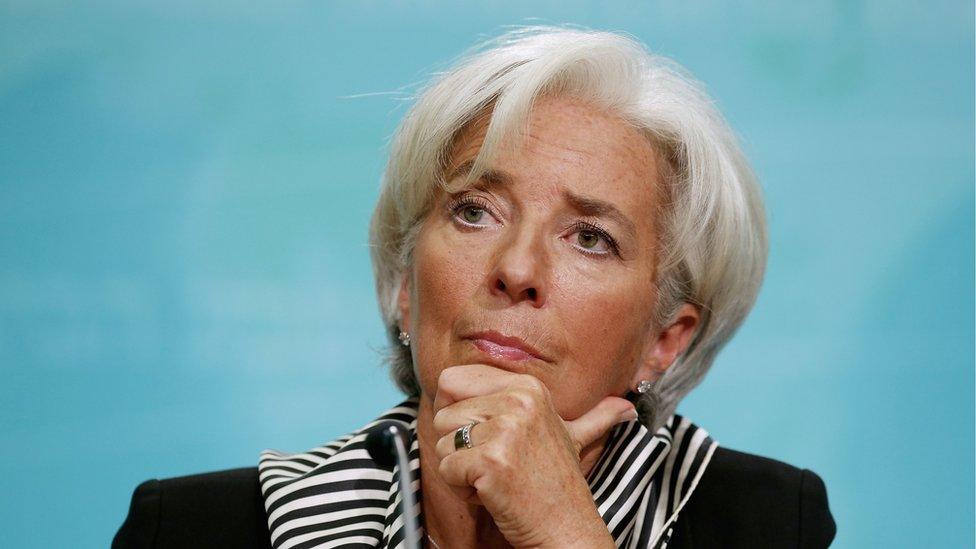Khashoggi killing: Turkey vows to reveal 'truth' on Saudi critic's death
- Published
Jamal Khashoggi: What we know about the journalist's disappearance and death
Turkey has vowed to reveal all details about the killing of journalist Jamal Khashoggi, after Saudi Arabia admitted for the first time he had been killed in its consulate in Istanbul.
"Turkey will never allow a cover-up," a ruling party spokesperson said.
Saudi Arabia suggested on Friday Mr Khashoggi, a prominent Saudi critic, had died in a "fist fight".
Turkish officials previously said he had been deliberately killed inside the consulate, and his body dismembered.
Earlier this week, unnamed Turkish officials told media outlets they had audio and visual evidence to prove this.
The Saudi kingdom has come under intense pressure to explain Mr Khashoggi's disappearance after he entered the Istanbul consulate on 2 October to seek paperwork for his forthcoming marriage. Until Friday, it had denied knowledge of his whereabouts and insisted he had left the building alive.
Turkish police and prosecutors have been searching the consulate as well as the consul's residence this week for evidence of what unfolded. On Friday they widened their search to a nearby forest, where unnamed officials believe his body may have been disposed of.
What is Saudi Arabia's version of events?
The kingdom says a fight broke out between Mr Khashoggi, who had fallen out of favour with the Saudi government, and people who met him in the consulate - ending with his death.
It says investigations are under way, and so far 18 Saudi nationals have been arrested.
Unnamed officials speaking to Reuters news agency and the New York Times say the Saudis did not know the whereabouts of the body after it was handed to a "local collaborator" to dispose of.
In addition to the arrests, two senior officials have been sacked over the affair - deputy intelligence chief Ahmad al-Assiri and Saud al-Qahtani, senior aide to Crown Prince Mohammed Bin Salman.
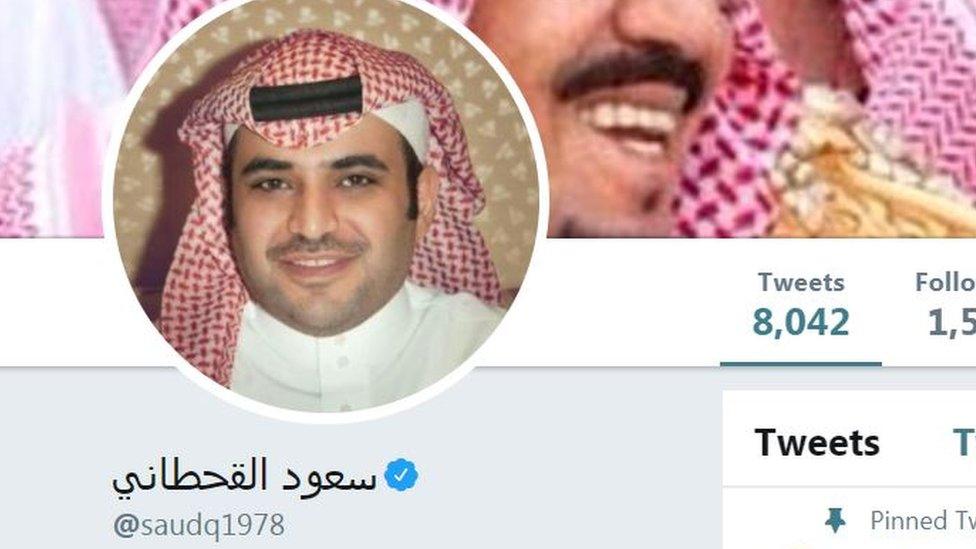
Saud al-Qahtani, an adviser to Prince Mohammed bin Salman, has over a million Twitter followers
The Saudi authorities have yet to give evidence to support this version of events.
Observers are questioning whether Saudi Arabia's Western allies will find their account of a "botched rendition" convincing - and whether it will persuade them not to take punitive action against them.
US President Donald Trump said what had happened was "unacceptable" but that the arrests were an important "first step". The UK Foreign Office said it was considering its next steps after hearing the report.
What did Turkey say?
"Turkey will reveal whatever had happened," said Omer Celik of Turkey's ruling AKP party, according to Anadolu news agency.
"Nobody should ever doubt about it. We are not accusing anyone in advance but we don't accept anything to remain covered [up]."
Publicly Turkey has so far stopped short of blaming Saudi Arabia for the killing.
Turkish investigators, however, say they have audio and video evidence which shows Mr Khashoggi was killed by a team of Saudi agents inside the consulate and dismembered. Reports in Turkish media this week gave gruesome details of what are said to be his final minutes.
CCTV footage shows missing Saudi journalist Jamal Khashoggi entering the Saudi consulate in Istanbul
Turkish media said earlier this week they had identified a 15-member team of suspected Saudi agents, external who flew into and out of Istanbul on the day of the disappearance.
Turkish President Recep Tayyip Erdogan spoke to Saudi King Salman on Friday evening, and the two agreed to continue co-operating in the investigation.

Only a first step
Analysis by BBC Security Correspondent Frank Gardner
The Saudi leadership will now be hoping that its belated admission that Khashoggi did die, after all, inside its consulate - coupled with a handful of sackings and arrests - will be enough to draw a line under this affair. It will not.
This is only a first step towards publicising the truth of what really happened. Given the days of indignant denials by the Saudi leadership it's doubtful we would have even got this far without sustained international pressure.
There can only be one of two possible alternatives here: either - as many suspect - the powerful Crown Prince Mohammed Bin Salman was to blame or he had lost control of his inner circle, something most observers find hard to believe.
MBS, as he is known, has a huge following amongst young patriotic Saudis who see him as a visionary reformer. If that support were now to ebb away then the crown prince could find himself dangerously isolated at court.

How have Saudi's Western allies reacted?
German Chancellor Angela Merkel has condemned the killing "in the strongest terms", calling the explanations given of the circumstances of Mr Khashoggi's death "inadequate".
The UK Foreign Office described it as "a terrible act" and said the people behind the killing "must be held to account".
President Trump praised the kingdom for acting quickly, external and said the official explanation was "credible", despite many US lawmakers expressing disbelief over the Saudi account.
Mr Trump stressed the importance of Saudi Arabia as a counterbalance to Iran in the Middle East, and pushed back against the need for sanctions against the country in light of the new information, talking about the effect of such a move on the US economy.
Earlier this week he warned of "very severe" consequences if Saudi Arabia was proved to have killed the journalist.
A number of US lawmakers, including a Republican highly critical of the Saudis, Senator Lindsey Graham, said they were sceptical about the report on the journalist's death.
Allow X content?
This article contains content provided by X. We ask for your permission before anything is loaded, as they may be using cookies and other technologies. You may want to read X’s cookie policy, external and privacy policy, external before accepting. To view this content choose ‘accept and continue’.

Australia announced it is withdrawing from an investment summit in Saudi Arabia later this month - joining a growing boycott that includes the US, UK, Dutch and French finance ministers over the Khashoggi killing.
Dutch Prime Minister Mark Rutte has called for a "thorough investigation" to make sure "all relevant facts will be clear as soon as possible".
Mr Khashoggi's fiancée, Hatice Cengiz, questioned in a tweet what had happened to his body, saying: "The heart grieves, the eye tears, and with your separation we are saddened, my dear Jamal."
The Washington Post, for which Mr Khashoggi was a contributor, has released a previously unheard interview he gave to Karen Attiah, external, the Global Opinions editor.
In it he said: "Our leaders see themselves as leaders who know best, and people like me...are just hindering the process for their reform."
- Published22 October 2018
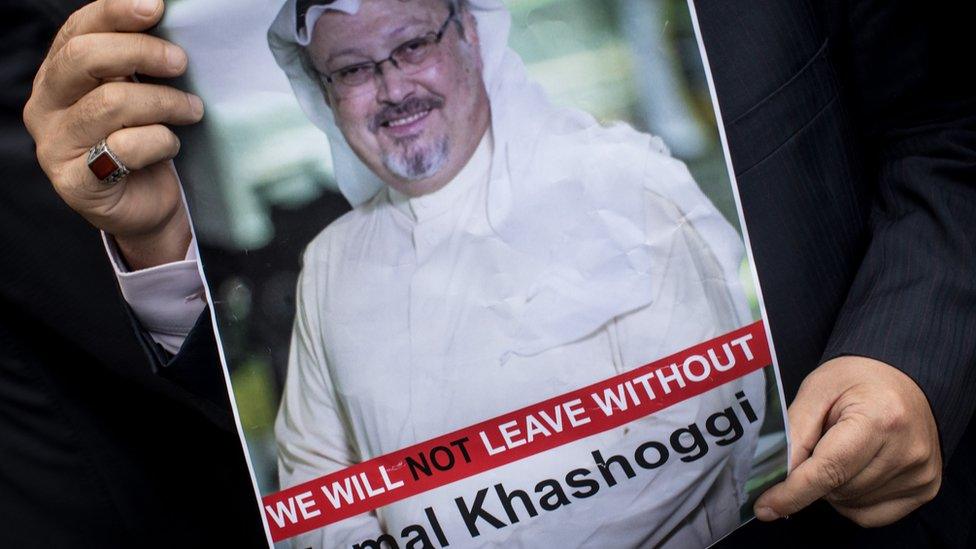
- Published19 October 2018
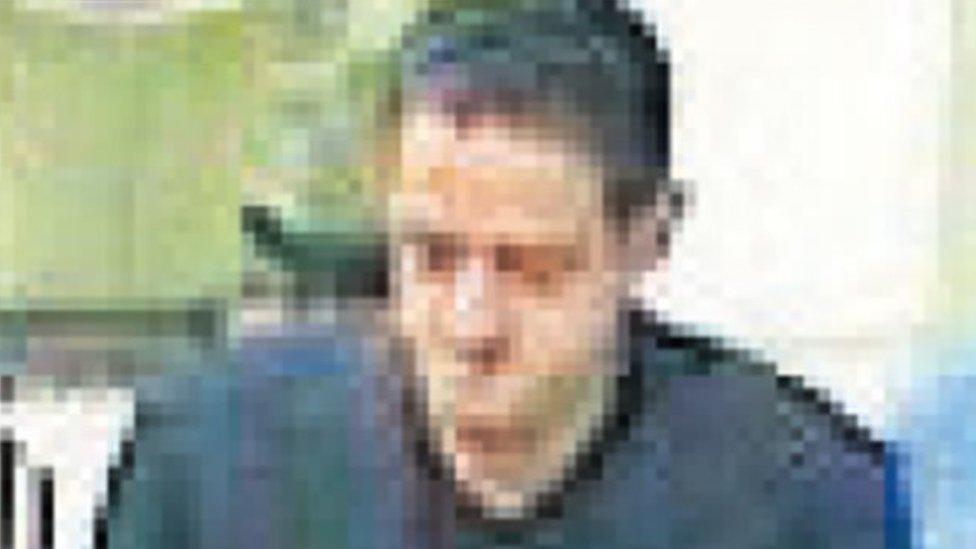
- Published18 October 2018
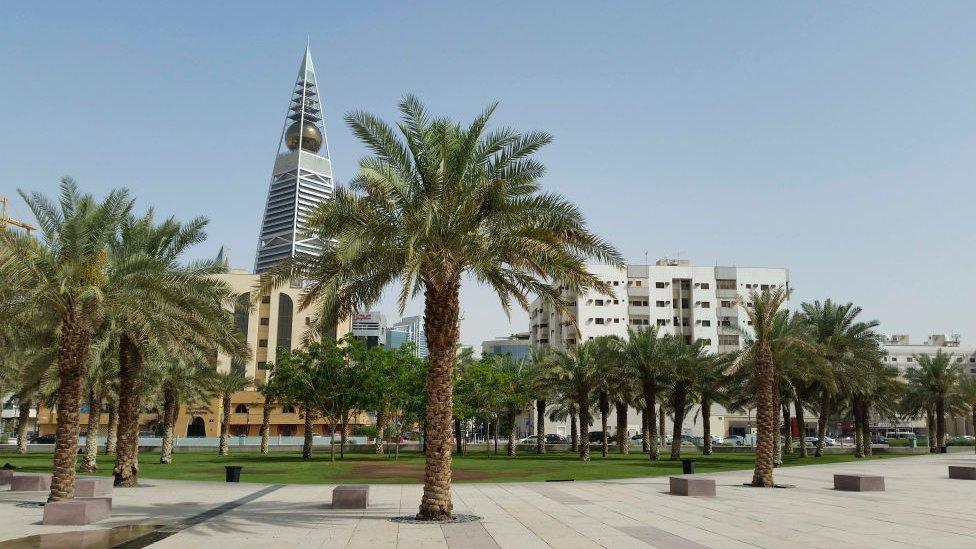
- Published17 October 2018
